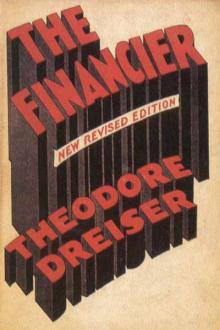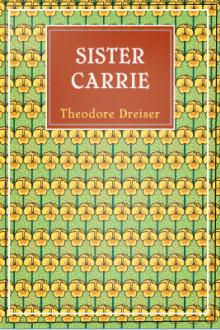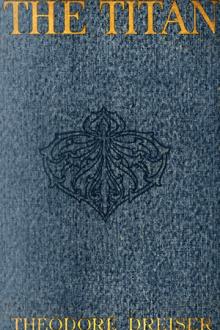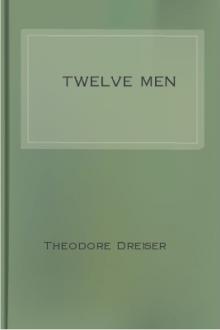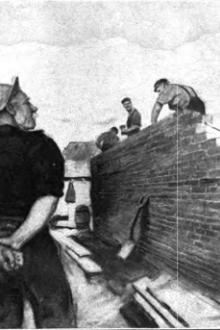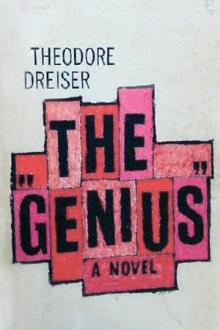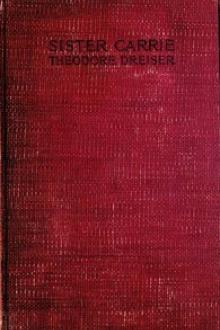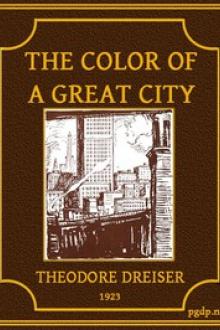Jennie Gerhardt
Book Excerpt
"I wonder," said the mother, wearily, when they neared the door, "if they've got any coal?"
"Don't worry," said Jennie. "If they haven't I'll go."
"A man run us away," was almost the first greeting that the perturbed George offered when the mother made her inquiry about the coal. "I got a little, though." he added. "I threw it off a car."
Mrs. Gerhardt only smiled, but Jennie laughed.
"How is Veronica?" she inquired.
"She seems to be sleeping," said the father. "I gave her medicine again at five."
While the scanty meal was being prepared the mother went to the sick child's bedside, taking up another long night's vigil quite as a matter of course.
While the supper was being eaten Sebastian offered a suggestion, and his larger experience in social and commercial matters made his proposition worth considering. Though only a car-builder's apprentice, without any education except such as pertained to Lutheran doctrine, to which he objected very strongly, he was
Editor's choice
(view all)Popular books in Fiction and Literature, Romance
Readers reviews
Jennie Gerhardt (published in 1911) typifies Dreiser's depiction of unaccepted aspects of life in that era, such as sexual promiscuity. He was often forced to battle against censorship regarding his novels.
Jennie is a destitute young woman who meets Senator George Brander while she works as a maid in a hotel. He becomes infatuated with her, helps her family and wishes to marry her. Grateful for his benevolence, she has an affair with him, they never marry, she becomes pregnant, and he dies unexpectedly. She gives birth to a daughter, has her mother care for the child, and moves to another city, where she finds employment as a maid for a wealthy society matron. Here she meets Lester Kane, a prosperous manufacturer's son, and they embark on a long term love affair.
The novel dwells at length on the struggles they both have regarding right and wrong, social mores, pressures of family disapproval of their life-style, dis-inheritance of Lester by his wealthy father, the love they have for each other, and Lester's ambivalence about marrying Jennie.
I thought the drama between all these forces and this couple was too drawn out, and somewhat boring. But in 1911, it reflected the prevailing moral code which one did not violate, i.e., an honorable person did not engage in lack of social and religious mores under any condition whatsoever, no matter how well-intentioned he or she may be.
Dreiser's prose is incisive, thoughtful, and moving. He portrays his characters with realism and empathy. This is a book which provokes serious questions about our basic human values, ethics, societal norms, religious beliefs, and one's happiness or absence of it, at what cost?
- Upvote (0)
- Downvote (0)
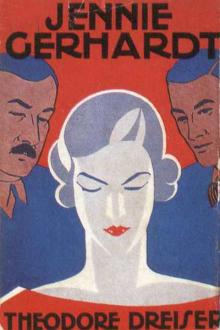
 Free Download
Free Download





















